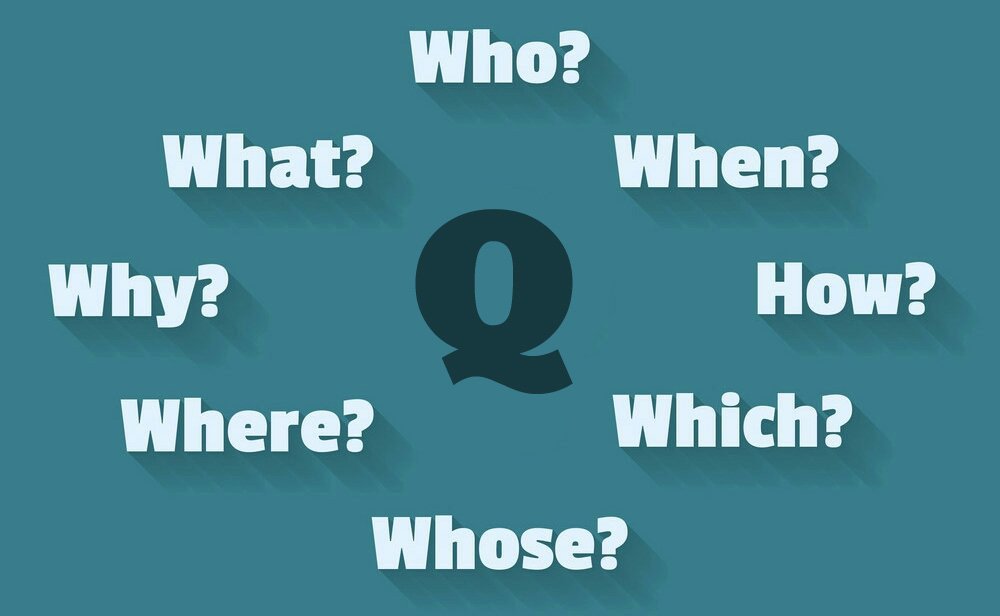So I want to thread a bit about how I do that. It's a learned skill, and I was not always any good at it.
It's not always a good reason - but also, you don't have to think of it in terms of reasons being "good" and "bad." They're just reasons.
The secret to having empathy for your characters is simply to find that thing.
But everyone is *in* their own story.
Yasira, the heroine of THE OUTSIDE, was an extremely difficult character to get right, and it took many drafts before I stopped getting feedback that she was "flat."
I judge my characters all the time.
Akavi's a jerk! Elu has a nice temperament but is COMPLICIT IN GREAT EVIL AND SHOULD STOP.
Your character doesn't care what you think. They have their own opinion, and that's the one you use when you write them.







